Introduction
Expert Advice
Indications:
It is used to prevent chest pain (angina), and treat heart conditions such as coronary artery disease, myocardial infarction (heart attack), and long-term congestive heart failure in combination with diuretics.
Administration:
This medicine is used orally (through mouth) or injected into a vein by a medical professional. The dose is dependent on the age, condition and its severity. Take this medicine at the same time daily or as prescribed by your doctor.
This medicine is not recommended for children.
Storage:
Store this medicine at room temperature (20-30 Celsius). Please keep away from excessive light, moisture, and children.
Please read the leaflet provided with the medicine for further storage guidance.
Side Effects:
Postural hypotension (drop in blood presssure resulting from change of posture), throbbing headache, dizziness, nausea, vomiting, heartburn, flushing, fainting, temporary hypoxemia (decreased oxygen in the blood), rash, application site reactions with transdermal pathches, very rarely angle-closure glaucoma.
Precautions:
Hypothyroidism (decreased thyroid hormones), malnutrition, hypothermia (lower than normal body temperature), recent history of heart attack, heart failure due to obstruction, hypoxemia (low concentration of oxygen in blood) and other ventilation and perfusion abnormalities, susceptibility to angle-closure glaucome, metal containing transdermals should be remonved before MRI procedures, cardioversion (correction of cardiac rhythm), diathermy (heat application to relieve pain), avoid abrupt withdrawal, monitor blood pressure and heart rate during IV infusion.
Effects on pregnancy and lactation:
The effects of this medicine are unknown therefore use with precaution in pregnant and lactating females.
Contraindications:
Hypersensitivity to nitrates, hypotensive conditions and hypovolemia (decreased blood volume), hypertrophic cardiomyopathy (thickened heart muscle), aortic stenosis (narrowing of aorta), cardiac tamponade (compression of heart due to fluid), constructive pericarditis (inflammation of membrane surrounding the heart), mitral stenosis (narrowed mitral valve), toxic pulmonary edema (fluid in the lungs), head trauma, cerebral hemorrhage, cerebrovascular disease, marked anemia.
Primary Uses
Angina
Indications
It is used to prevent chest pain (angina), and treat heart conditions such as coronary artery disease, myocardial infarction (heart attack), and long-term congestive heart failure in combination with diuretics.
Side Effects
Postural hypotension (drop in blood presssure resulting from change of posture), throbbing headache, dizziness, nausea, vomiting, heartburn, flushing, fainting, temporary hypoxemia (decreased oxygen in the blood), rash, application site reactions with transdermal pathches, very rarely angle-closure glaucoma.
Warnings
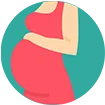 Pregnancy
Pregnancy
No definite data regarding pregnancy is available, therefore be cautious. Consult your doctor before using this medication.
 Lactation
Lactation
No definite data regarding lactating females is available, therefore be cautious. Consult your doctor before using this medication.
 Driving
Driving
No
 Alcohol
Alcohol
No
 Precautions
Precautions
Hypothyroidism (decreased thyroid hormones), malnutrition, hypothermia (lower than normal body temperature), recent history of heart attack, heart failure due to obstruction, hypoxemia (low concentration of oxygen in blood) and other ventilation and perfusion abnormalities, susceptibility to angle-closure glaucome, metal containing transdermals should be remonved before MRI procedures, cardioversion (correction of cardiac rhythm), diathermy (heat application to relieve pain), avoid abrupt withdrawal, monitor blood pressure and heart rate during IV infusion.
Contraindications
Hypersensitivity to nitrates, hypotensive conditions and hypovolemia (decreased blood volume), hypertrophic cardiomyopathy (thickened heart muscle), aortic stenosis (narrowing of aorta), cardiac tamponade (compression of heart due to fluid), constructive pericarditis (inflammation of membrane surrounding the heart), mitral stenosis (narrowed mitral valve), toxic pulmonary edema (fluid in the lungs), head trauma, cerebral hemorrhage, cerebrovascular disease, marked anemia.
FAQS
Indications:
It is also used to prevent chest pain (angina) in patients who suffer from heart condition such as Coronary Artery Disease. Prevention of angina can help you exercise for longer and do more physical work This medicine should not be taken when angina occurs but only for its prevention. It is also strongly advised to not take this medicine right before a physical exercise e.g. exercise and sexual intercourse.
Storage:
Please store the tablet form of this medicine at room temperature (18-25 Celsius). Keep medicine away from excessive light and moisture. Please keep it away from children and do not store it in bathroom.
Precautions:
This medicine may make you dizzy so it is advised not to do any tasks that require alertness (e.g. driving) immediately after taking this medicine
Effects on pregnancy and lactation:
This medicine should only be used during pregnancy if no other alternative is present. It is unknown if this medicine passes into breast milk therefore please consult your health care provider before use of this medicine.
Side Effects:
You may experience the following:
• Dizziness
• Headache
• Increased heart rate
• Rash
• Increased pressure in the eye (closed-angle glaucoma)
Disclaimer
Dawaai’s intention is to make sure that it’s consumers get information that is accurate, reviewed by an expert and error-free. However, the information mentioned here should not be used as a replacement for the advice of a qualified physician. The information given here is for informational purposes only, which may not cover all possible precautions, side effects, contraindications or drug interactions. Consult your doctor and discuss your queries related to any medicine or disease.

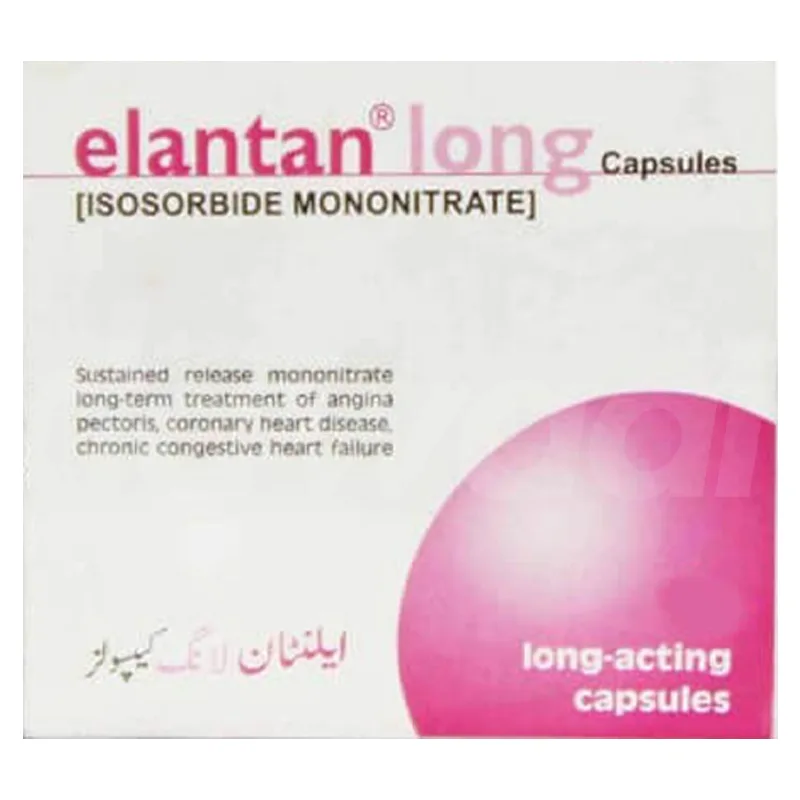

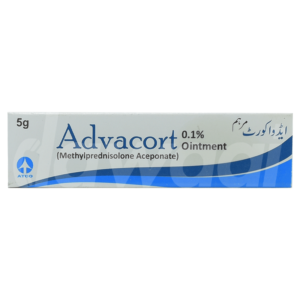
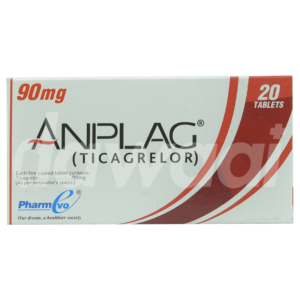
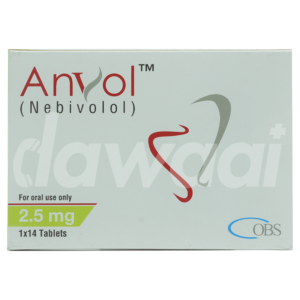
Reviews
There are no reviews yet.